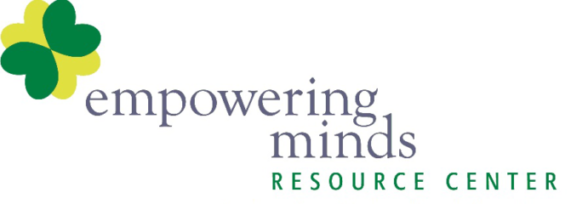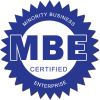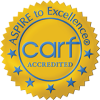Recovery support is provided through treatment, services, and community-based programs by behavioral health care providers, peer providers, family members, friends and social networks, the faith community, and people with experience in recovery. Recovery support services help people enter into and navigate systems of care, remove barriers to recovery, stay engaged in the recovery process, and live full lives in communities of their choice.
Recovery support services also include access to evidence-based practices such as supported employment, education, and housing; assertive community treatment; illness management; and peer-operated services. Recovery support services may be provided before, during, or after clinical treatment or may be provided to individuals who are not in treatment but seek support services. These services, provided by professionals and peers, are delivered through a variety of community and faith-based groups, treatment providers, schools, and other specialized services
Experience tells us that addiction and alcoholism are chronic, progressive and fatal diseases. Like all other diseases, they require the assistance of a specially trained team of medical professionals. However, unlike any other illness, addiction and alcoholism are extremely cunning, powerful and deceptive. An addict will disregard all evidence to the contrary and claim he or she has no problem. They are overwhelmed with fear at the thought of living a life without drugs and alcohol, and they will avoid it at all costs until it takes their own life.
Due to the power, seriousness and urgency of addiction, it can only be overcome if addicts know that a solution is available to them with no strings attached. This is precisely what we strive to provide at the Empowering Minds Resource Center. We are only here to help: to answer your questions, to make information available, and most importantly, to ensure that only the best treatment is available for those who seek it.



